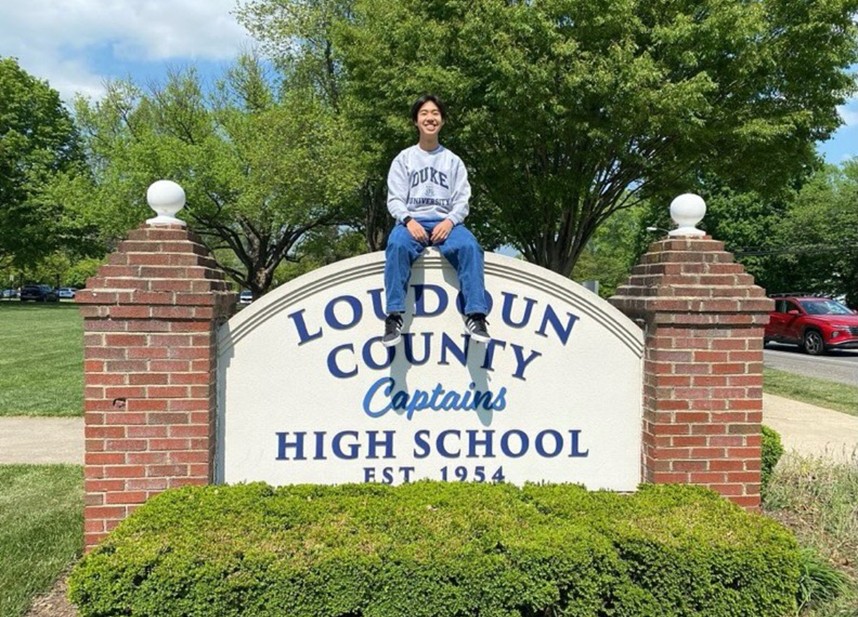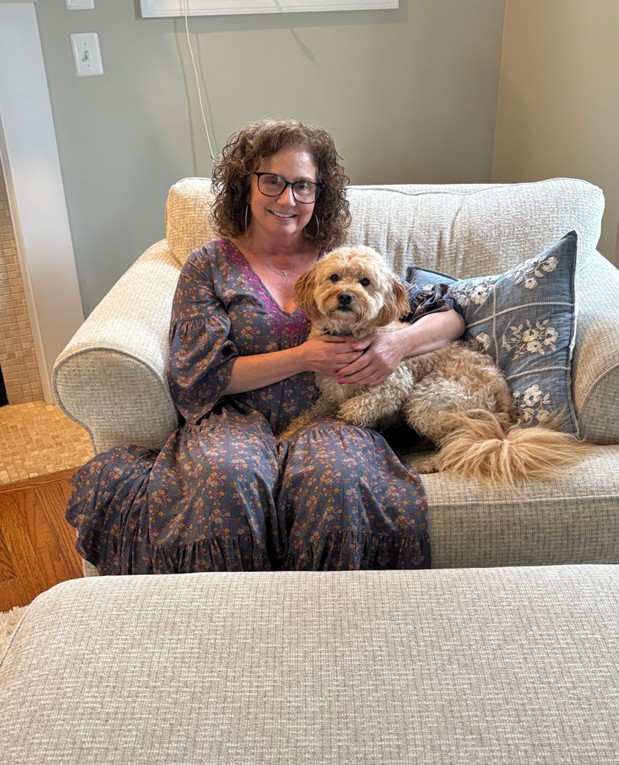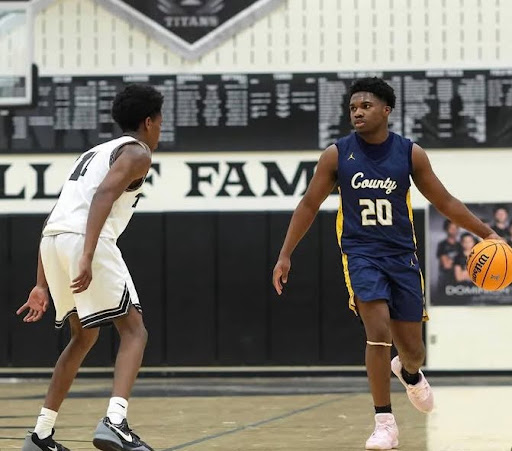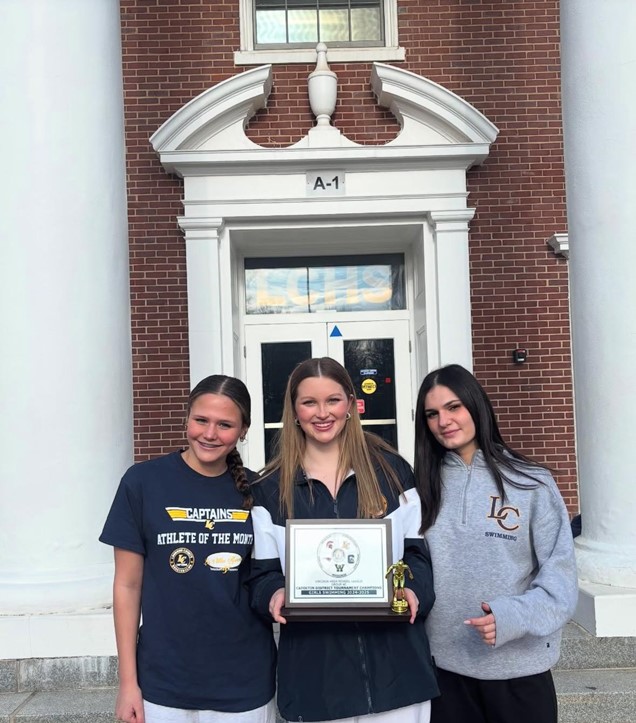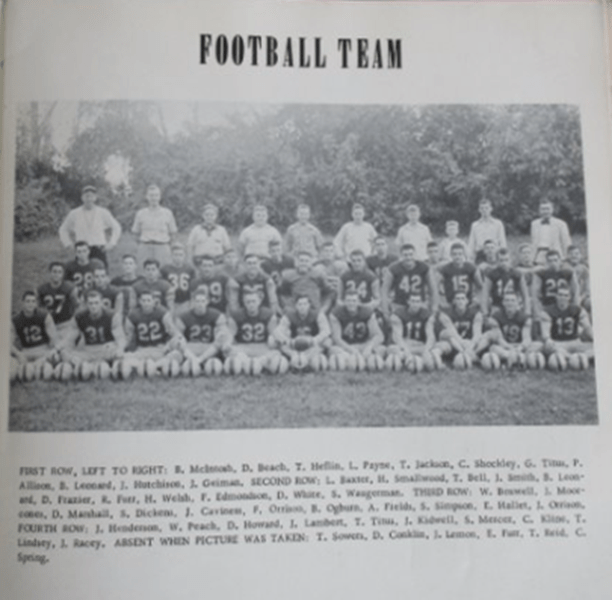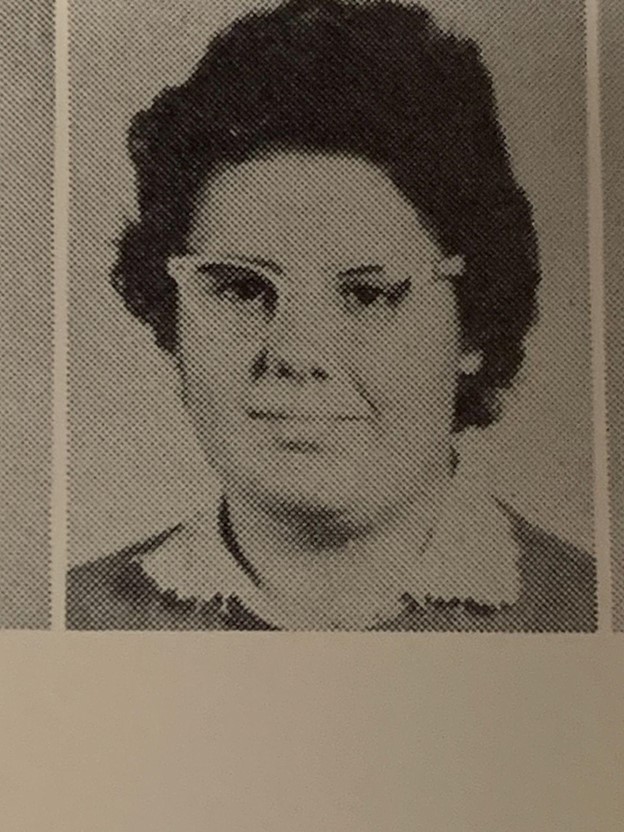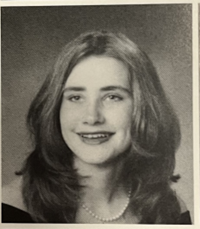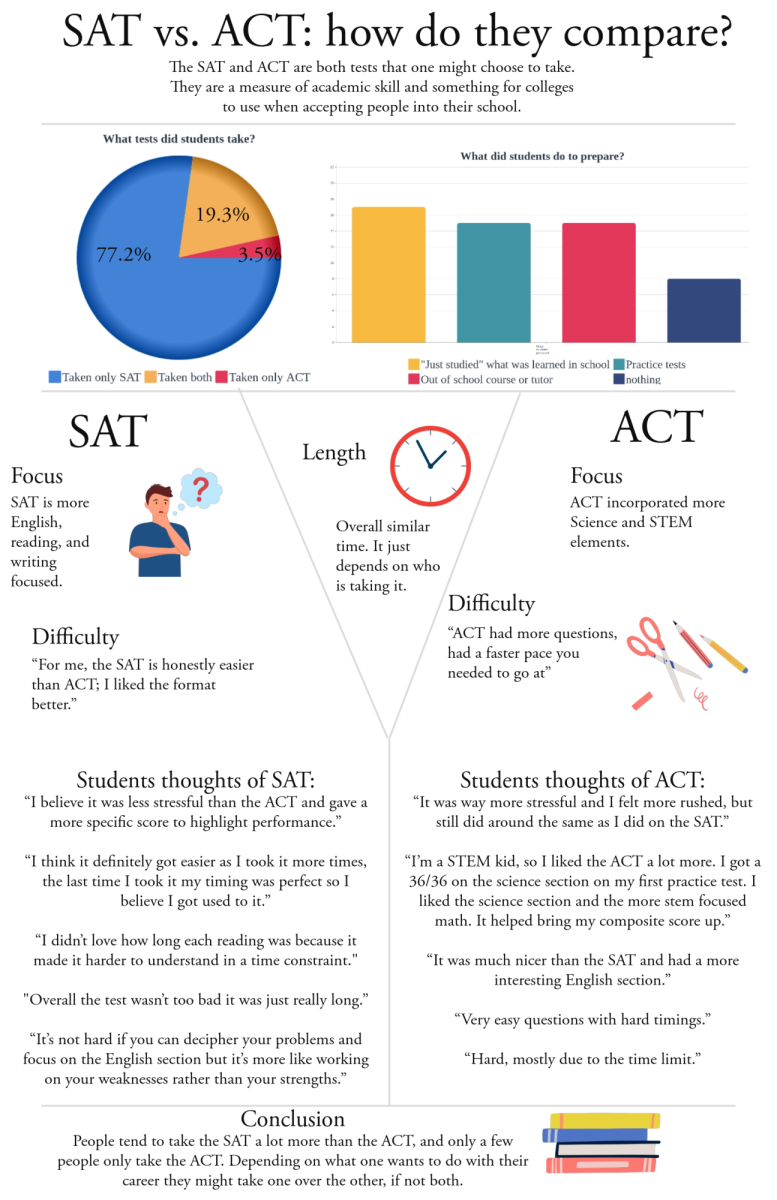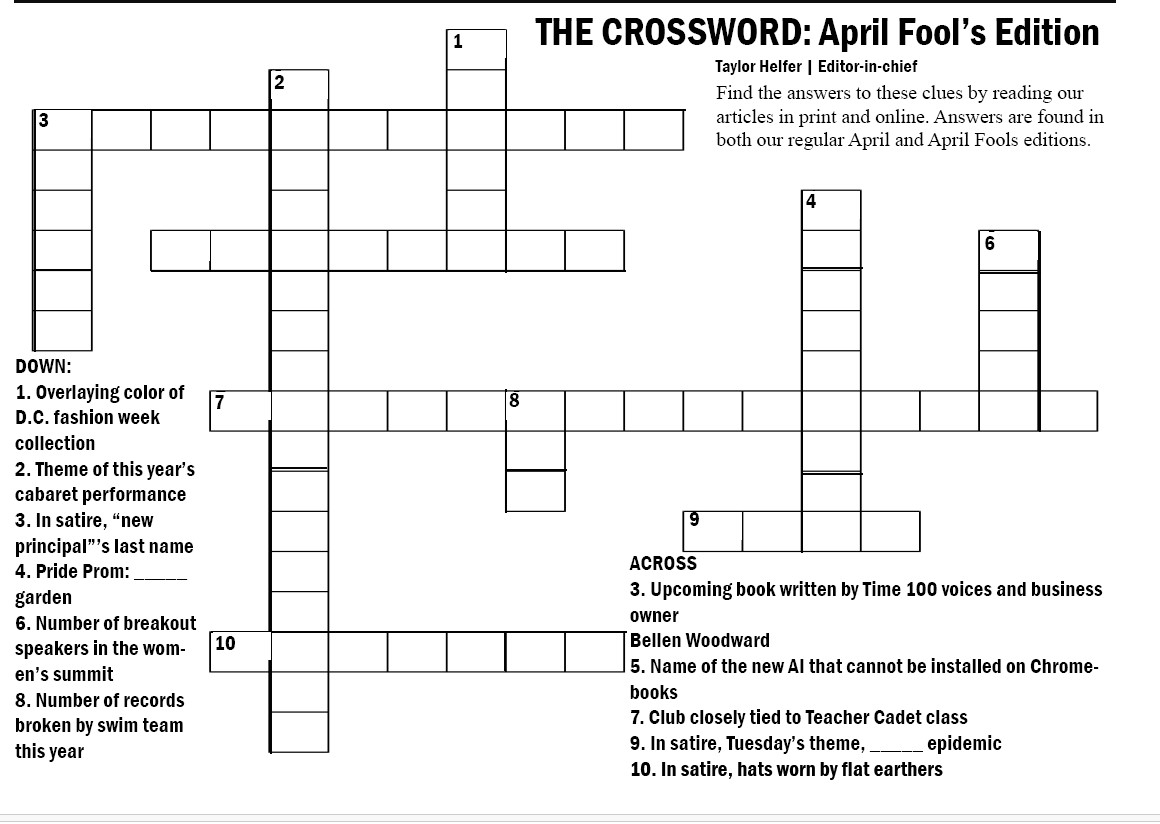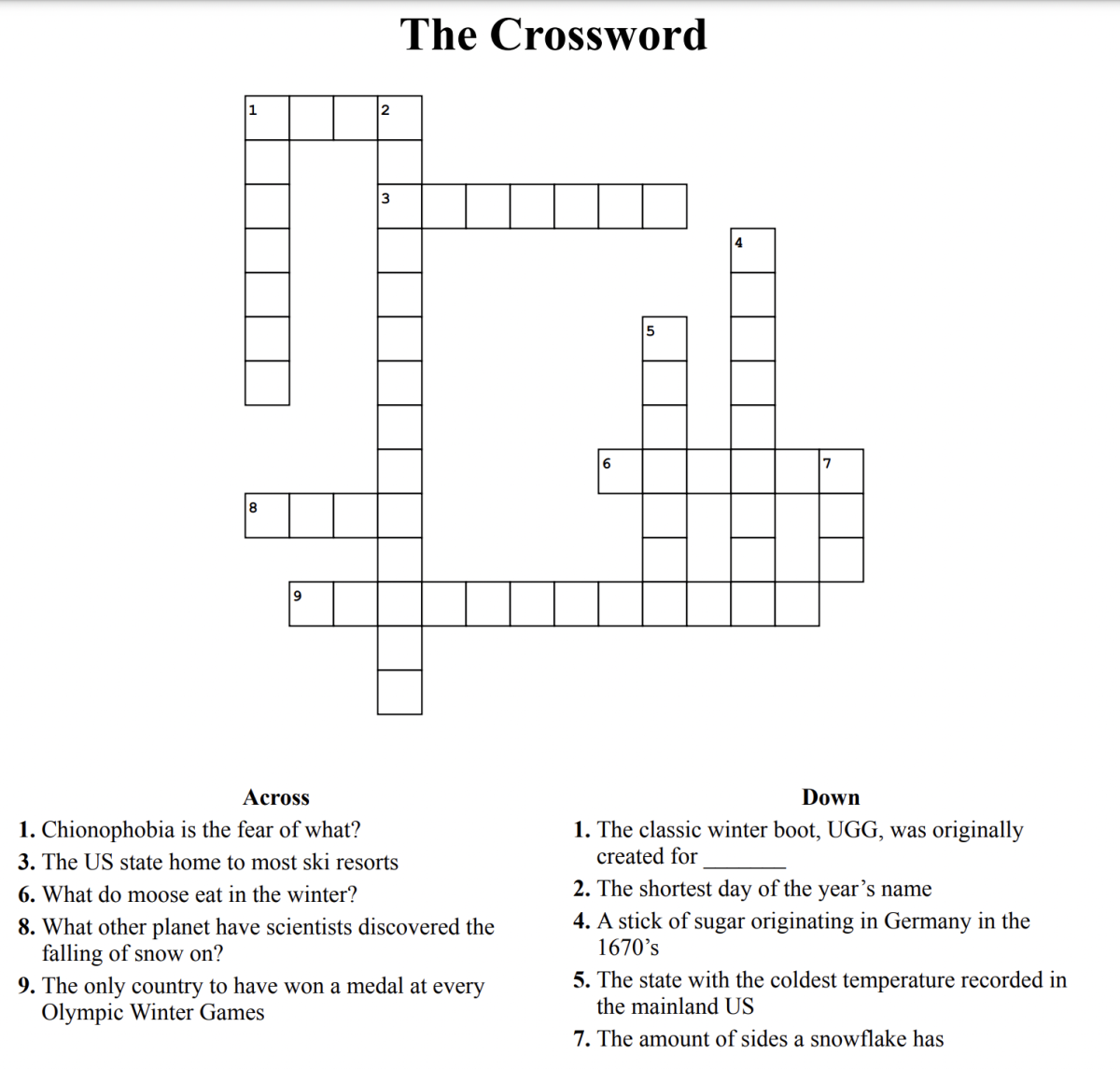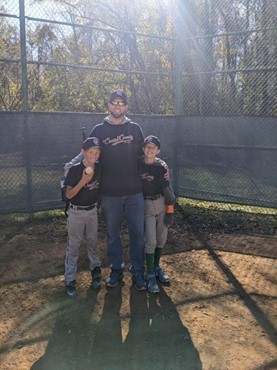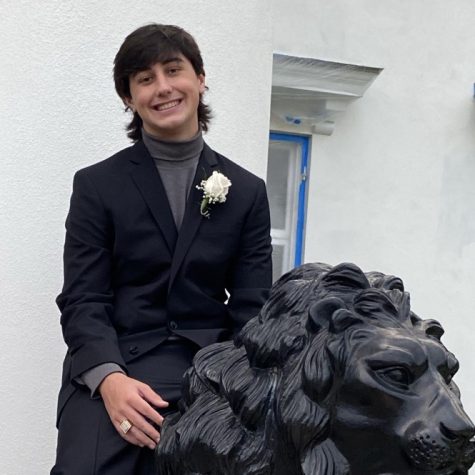COVID 19, Political and social unrest: We are all just catchers in a field of rye.
Although “The Catcher in the Rye” is nearly eighty years old, its narrative is extraordinarily relevant today. The novel is extremely controversial, and when published it was banned from libraries across the world.
“The Catcher in the Rye” is a 1945 novel written by J.D Salinger depicting sixteen-year-old Holden Caulfield’s adventures around New York City after flunking out of Pencey Prep. The controversial themes of alcohol, sex and prostitution, and language are displayed heavily in the novel; the book is one of the first to address mental health issues in adolescents.
“The Catcher in the Rye” is a coming of age story that tackles issues of depression, perversion, adulthood and the human condition. The book’s narrative on mental health is extremely relevant today given the effects of the pandemic, and it’s a testament to its content and why we should read this relevant work decades after its publication.
With Holden’s unique voice, “The Catcher in the Rye” grabs the reader’s attention on the first page and sets the precedent for Holden’s vulnerable tone. We learn that Holden is flunking out of another school and he visits his teacher Mr. Spencer.
Mr. Spencer is the first adult character in the book that represents adult expectations. Holden has trouble listening to these adult ideas because he believes them to be “phony.”
Holden goes back to his room and finds Stradlater, a classmate of his going out with a girl he is fond of. He sucker punches Stradlater and then gets beat up. This represents Holden’s reaction to the idea of Stradlater perverting a girl he knew and hints at Holden’s desire to keep the world pure.
Holden’s mental health issues become very apparent to the reader and during the time of the book, there were little to no resources for people suffering from mental health issues.
Holden leaves Pencey and decides to go to New York City, and Holden begins to spiral in his depression and goes across the city looking for the connection he feels is empty.
Holden’s issues continue as he reaches out for human connection because of his loneliness. Holden comes to find that the people can’t help him and even adults are flawed by the problems of society.
His struggles in a world without an outlet for mental help are all too reminiscent of what happened in 2020, when students and staff were thrown into a new situation, virtual learning, with no established support for those struggling.
In the novel, Holden makes the realization that children are the only innocent part left of society. His close relationship with his sister mirrors his desire to not grow up into the phony society of adulthood.
Desperate for human connection, Holden keeps trying to ring Jane Gallagher and reach out to others to end his loneliness.
Despite his outlook, Holden relates his place in society in a beautiful way. He describes himself as a catcher in a field of rye, stopping children from falling over the cliff. That line stuck with me the most as the reader and was very moving. It is an excellent excerpt that Salinger used to name the novel.
During COVID we have had a complete lack of face to face human connection. There was a lot of uncertainty and fear in the world. Holden shows what the effects can be when people feel a great lonesome and disconnect from society.
In the past months, we have seen the drastic aftershocks that the pandemic has caused by the lack of human contact. We have seen a rise in school vandalism, suicide, depression and other mental health, according to the CDC.
This is why “Catcher in the Rye” has aged so well, the human condition never changes. The novel’s popularity and relevance is a testament to that. “The Catcher in the Rye” reminds us, if anything, of the fragile extensince of the human soul.
I would strongly recommend reading this book, everyone can learn from Holden’s misadventures and the mental health issues tackled in the novel were truly groundbreaking and stay relevant to this day.
In a way, we are all catchers in a field of rye, and we all need a Jane Gallagher, someone who puts their kings in the back row.
Your donation will support the student journalists of Loudoun County High School. Your contribution will allow us to purchase equipment and continue to print our issues for the students at our school.


